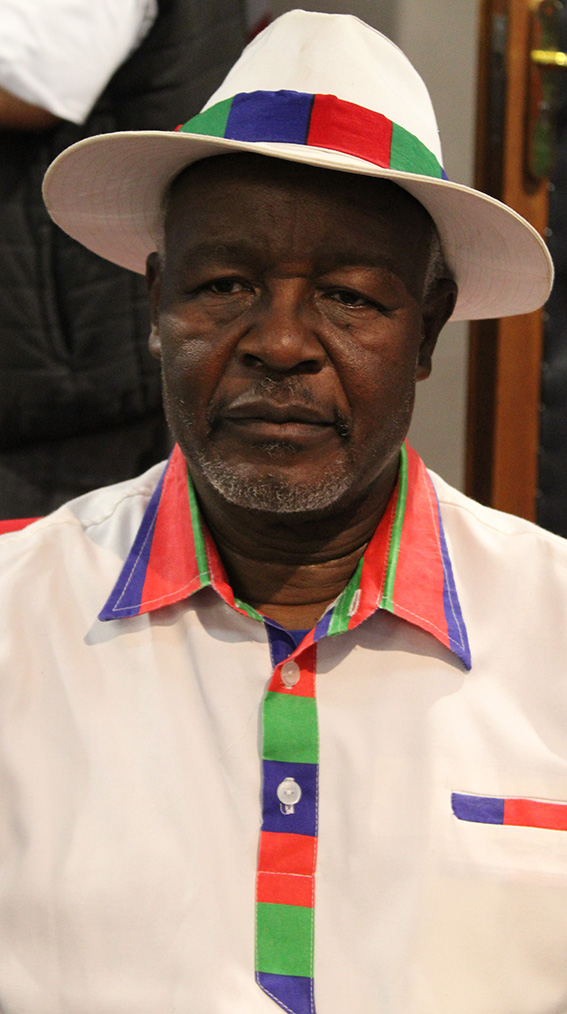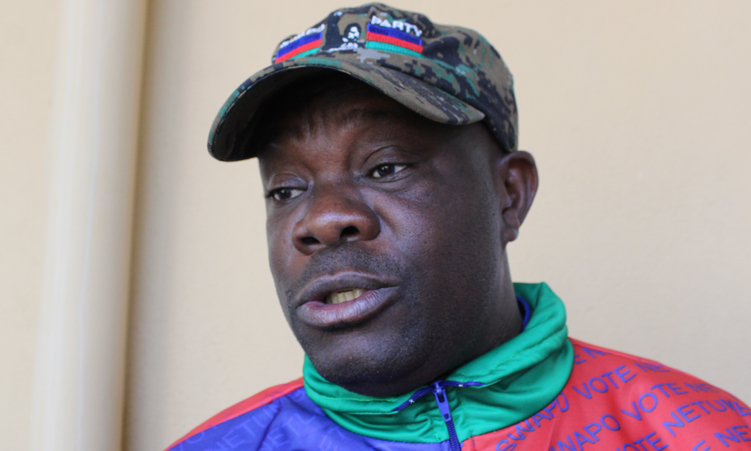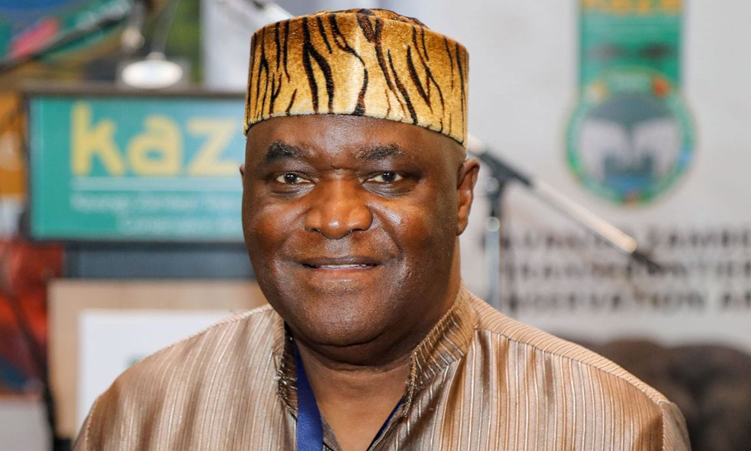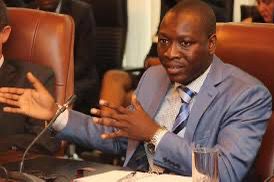… Analysts say election fails merit test

Political analysts have criticised the recent Swapo pot list for being based on popularity, not merit.
This comes as young people like Fenny Tutjavi, Emma Theofelus and Willem Amutenya dominated the party’s parliamentary list, alongside leaders like Ephraim Nekongo and Tobie Aupindi.
Analysts have also criticised the return of Alpheus !Naruseb, who failed to retain a ministerial position in the 2020 national elections.
Swapo deputy secretary general Uahekua Herunga has, however, described the criticism as an insult to the intelligence of Namibians.
“Over 200 delegates from 121 constituencies who came to represent the majority of Namibians from different branches elected people whom they think and believe will deliver much needed change. For one to say that, it is like you are saying I am stupid,” Herunga says.
Political scientist Rui Tyitende says the recent pot list suggests there was an outright rejection of dead wood and “intellectually lazy people”.
“However, for what possible reason is someone like Alpheus !Naruseb being brought back out of retirement after having failed to retain his ministerial position in 2020? Notwithstanding these concerns, what criteria were used to vote for these people on the list?” Tyitende has questioned.
“Was it based on their individual competencies, or was it the dictate of the brown envelope that made them emerge in the top 40? In short, the list is populated more with popular people than competent ones,” he says.
Political commentator Ndumba Kamwanyah says the list shifting toward younger candidates suggests that Swapo is looking to refresh its ranks.
“This may signify that Swapo is aware of the need to rejuvenate itself to appeal to a younger electorate, especially ahead of the 2024 elections. However, the replacement of veteran figures with newer faces might also be a strategy to create a balance between experience and innovation,” Kamwanyah adds.

He believes the recent results could potentially cause some internal divisions if factions within the party feel their preferred candidates were sidelined.
“When stalwarts are replaced, it can lead to discontent among their supporters. If factions feel outmanoeuvred or unfairly treated, this could lead to internal strife, which might spill over into the campaign period,” he says.
The exclusion of figures like Utoni Nujoma and Erastus Uutoni suggests a deliberate move to phase out long-serving politicians in favour of newer voices, he adds.
“This might be seen as an effort to signal a generational shift within Swapo. However, these prominent figures have been integral to Swapo’s identity and political landscape, and their removal could alienate certain sections of the party’s base that still hold them in high regard,” Kamwanyah says.
According to him, replacing stalwarts with younger politicians can bring fresh energy, new ideas and a more contemporary approach to governance. However, the effectiveness of this strategy will depend on the competency and readiness of the younger leaders to handle the complex demands of the government, he adds.
“If the new generation lacks the necessary experience or is unable to unite the party, it could create challenges. But if they are well-prepared, this could reinvigorate Swapo and help the party stay relevant in the future.”

END OF AN ERA
In 2020, minister of home affairs, immigration, safety and security Albert Kawana announced his retirement from active politics, saying it was time to give young people a chance to lead Swapo.
“I think the time has come really to give space to the youth,” Kawana said.
Other leaders who also indicated their plans to retire are speaker of the National Assembly Peter Katjavivi, minister of agriculture, water and land reform Calle Schlettwein and minister of gender equality, poverty eradication and social welfare Doreen Sioka.
Schlettwein, at the time, said he plans to venture into writing and photography.
On Sunday, minister of sport, youth and national service Agnes Tjongarero said she will not be contesting for a seat in parliament.
She said she has done her part and will be watching from the sidelines.
“Let people come and do their part and not stand outside and talk, let them come and work and let me see. I will watch them from the outside. I have done my part,” Tjongarero added.
Stay informed with The Namibian – your source for credible journalism. Get in-depth reporting and opinions for
only N$85 a month. Invest in journalism, invest in democracy –
Subscribe Now!









